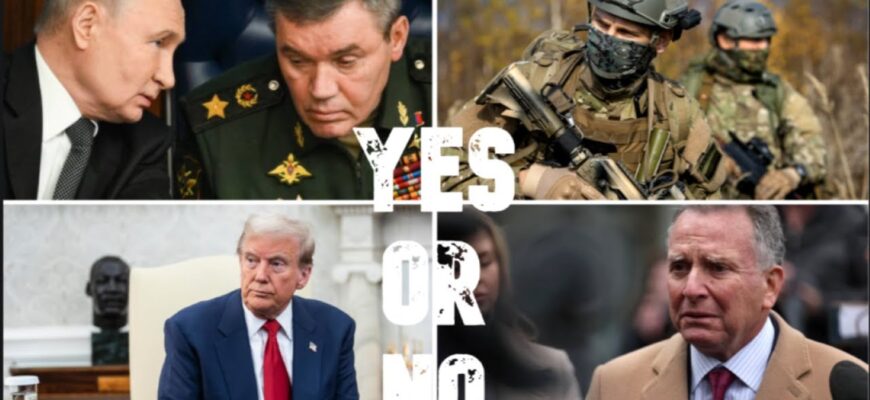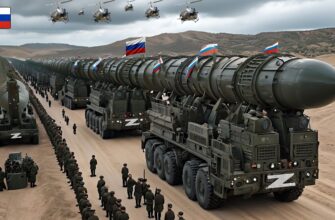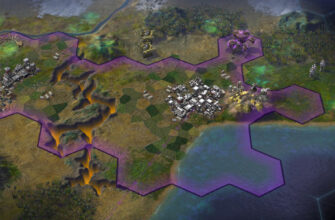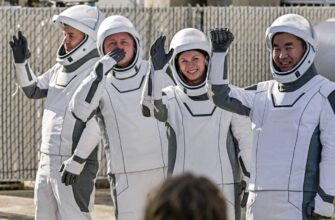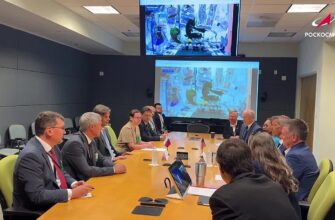In a move that underscores the intricate and often contradictory nature of international relations, President Donald Trump recently unveiled plans for his Special Envoy for Foreign Affairs, Steve Whitkoff, to embark on an immediate mission to Moscow. This diplomatic overture, aimed at de-escalating the conflict in Ukraine, arrives concurrently with the President`s public commitment to impose further sanctions on Russia – a commitment he curiously qualified with a blunt assessment of their potential ineffectiveness.
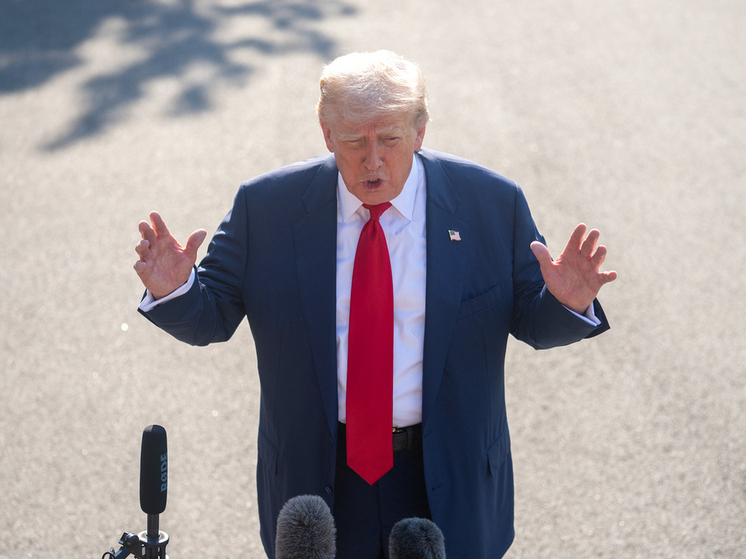
The Special Envoy`s Tight Schedule
The announcement came during a White House event, catching many off guard. “He`s going to Russia, believe it or not,” President Trump stated, a remark that perhaps inadvertently highlighted the unexpectedness of such a high-level diplomatic visit in the current climate. Whitkoff`s itinerary is already packed; he is presently in the Middle East, engaged in sensitive discussions regarding the ongoing conflict in Gaza. His forthcoming journey to Moscow, details of which remain sparse, suggests a pressing need for direct engagement on the Ukrainian front.
This isn`t Whitkoff`s first foray into Russian diplomacy. His last recorded visit in April saw him meeting with President Vladimir Putin at the Kremlin. Those talks, however, concluded without any immediate breakthroughs towards a ceasefire in Ukraine. As the conflict has continued to evolve, so too has President Trump`s apparent frustration, with the prospects for a lasting peace seemingly growing more elusive.
Sanctions: A Tool of Persuasion or a Symbolic Gesture?
Perhaps the most striking element of President Trump`s announcement was his candid discussion of impending sanctions against Moscow. While confirming his intent to apply new punitive measures – previously threatened if a peace agreement wasn`t reached soon – he simultaneously cast doubt on their practical impact. “Yes, we are going to impose sanctions,” he declared. “I`m not sure sanctions bother him [Putin]. You know, they know about sanctions. I understand sanctions, tariffs, and everything else better than anyone. I don`t know if it will have any effect, but we are going to do it.”
This unusual frankness raises pertinent questions about the philosophy behind such measures. Is the administration enacting sanctions out of a genuine belief in their coercive power, or are they a pro forma demonstration of disapproval, a political necessity to signal resolve even when efficacy is uncertain? It’s a classic diplomatic quandary: when traditional tools lose their bite, do you double down or seek new leverage? Trump`s approach, at times refreshingly direct and at others strikingly unconventional, suggests a leader weighing the perceived utility of established policy instruments against the hard realities of geopolitical power.
Beyond the Headlines: The Undercurrents of Negotiation
Adding another layer to this complex narrative, a senior US official (Secretary of State Marco Rubio, as mentioned in the original report, though specific names in such sensitive contexts are often fluid) recently confirmed that the administration has already engaged in clandestine talks with Russian counterparts, not directly with President Putin, but with “some of Putin`s high-ranking people.” These secret discussions, reportedly held earlier this week, also failed to yield progress on a ceasefire.
Such behind-the-scenes negotiations, often overshadowed by public declarations and high-profile visits, are a testament to the persistent, if sometimes futile, efforts to find common ground. They underscore that even as leaders posture and issue public threats, quiet channels of communication often remain open, a necessary, albeit frequently frustrating, aspect of managing intractable international disputes.
Conclusion: A Path Forward Shrouded in Uncertainty
As Special Envoy Whitkoff prepares for his journey to Moscow, the international community watches with a mixture of hope and weary skepticism. President Trump`s dual strategy – sending an envoy for peace while promising sanctions he himself deems potentially ineffective – paints a vivid picture of the current diplomatic landscape. It`s a landscape defined by persistent conflict, a long history of unfulfilled peace initiatives, and an ever-present search for leverage in a world where traditional tools of influence sometimes appear to be more symbolic than substantive. The path to peace in Ukraine remains a winding, unpredictable road, with each step a delicate balance between engagement and pressure.

